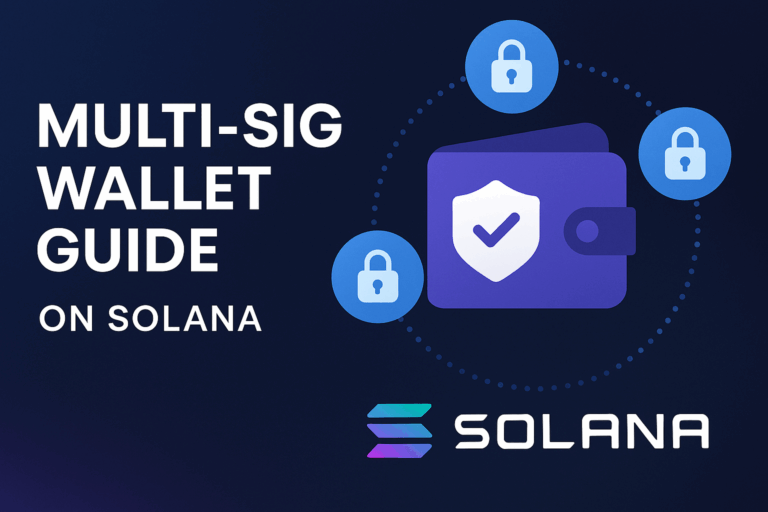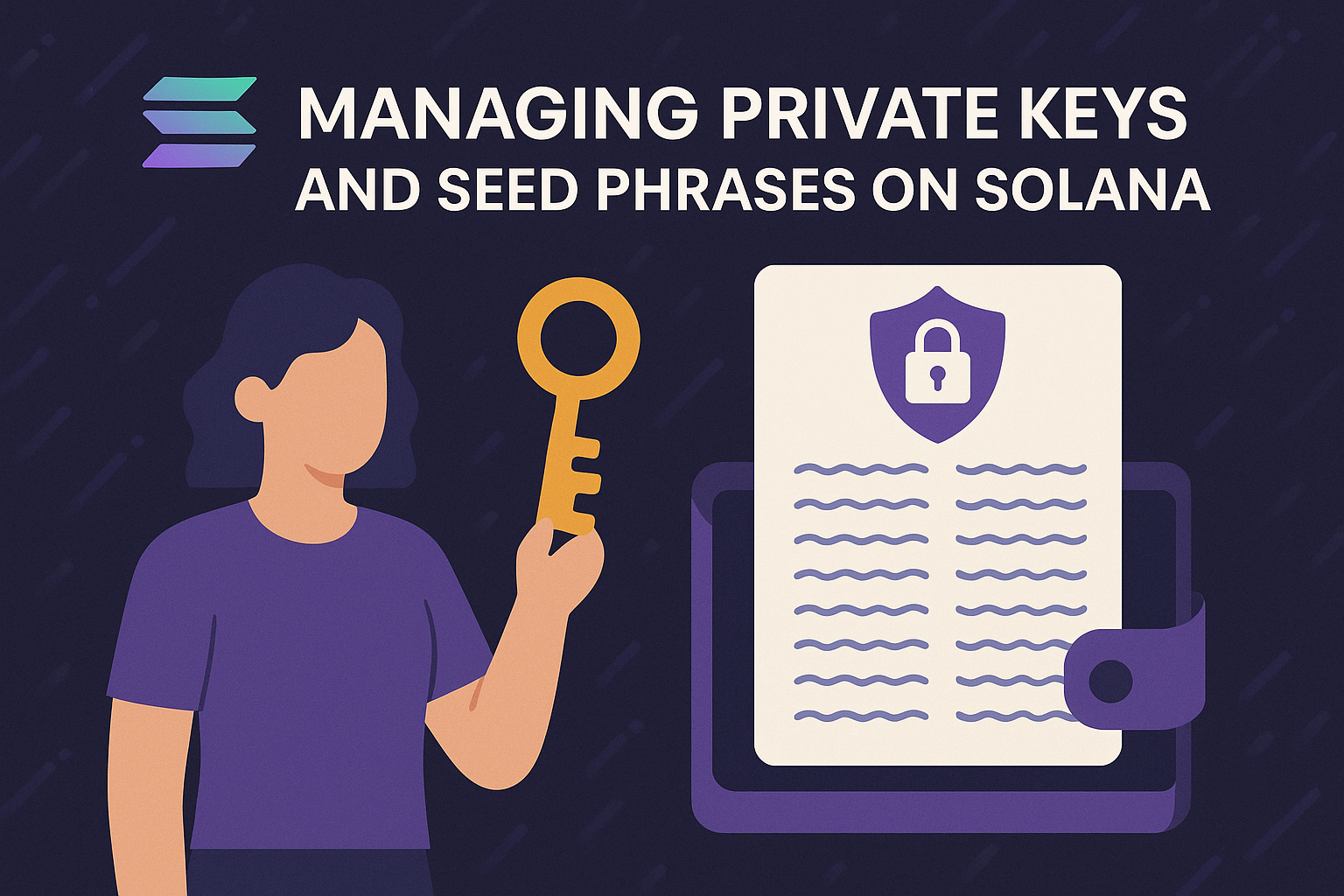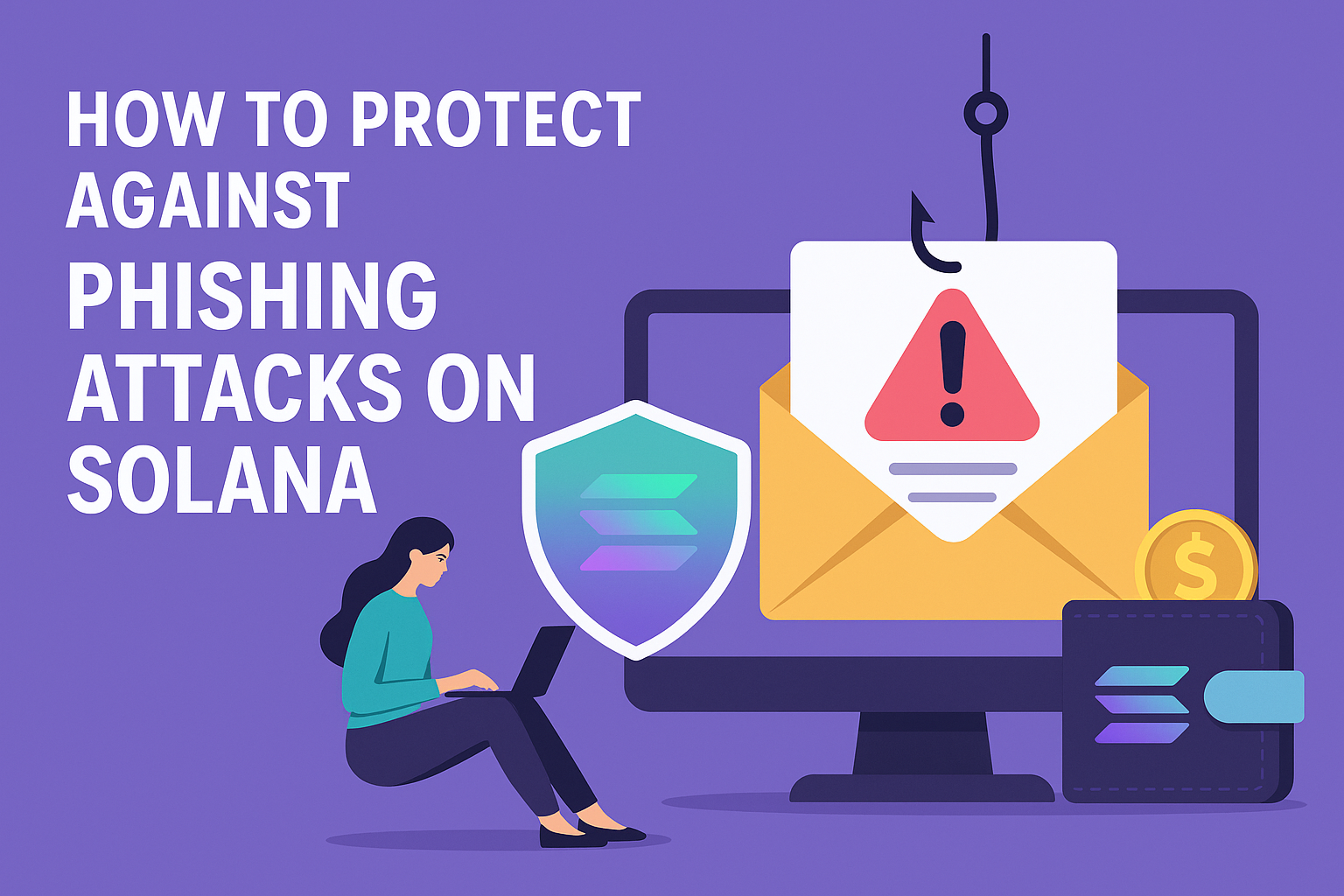Hot Wallet vs Cold Wallet on Solana: Which is Safer?
When it comes to securing Solana (SOL) tokens and other assets on the Solana blockchain, one of the most critical decisions investors face is choosing between a hot wallet and a cold wallet. Both options come with advantages and risks, but the ultimate choice depends on your trading habits, risk tolerance, and long-term strategy. In this article, we’ll break down the differences between hot wallets and cold wallets on Solana, explore their pros and cons, and help you decide which is the safer option for your assets.
Table of Contents
What is a Hot Wallet on Solana?
A hot wallet is a cryptocurrency wallet that remains connected to the internet. On Solana, hot wallets are often browser extensions, mobile apps, or web-based platforms. Examples include Phantom Wallet, Solflare, and Trust Wallet.
Key Features of Hot Wallets
- Internet-connected for quick transactions.
- User-friendly interfaces suitable for beginners.
- Integrated with Solana decentralized apps (dApps).
- Private keys stored in software environments.
Advantages of Hot Wallets
- Instant access to Solana tokens and NFTs.
- Seamless integration with DeFi platforms, staking, and trading.
- Usually free and easy to set up.
Disadvantages of Hot Wallets
- Vulnerable to hacks, phishing, and malware attacks.
- Private keys may be exposed if the device is compromised.
- Dependent on third-party services and browsers.
What is a Cold Wallet on Solana?
A cold wallet is an offline storage solution for your crypto. On Solana, cold wallets are usually hardware wallets or paper wallets that keep your private keys completely disconnected from the internet. Popular options include Ledger Nano X and Trezor devices, which are compatible with Solana through integrations like Solflare.
Key Features of Cold Wallets
- Private keys stored offline.
- Requires physical confirmation for transactions.
- Protected from most online threats.
- Often supports multiple blockchains, not just Solana.
Advantages of Cold Wallets
- Maximum security for long-term storage.
- Immune to remote hacking attempts.
- Ideal for storing large amounts of SOL tokens safely.
Disadvantages of Cold Wallets
- Less convenient for daily transactions.
- Hardware wallets can be expensive.
- Risk of physical damage or loss of device.
Hot Wallet vs Cold Wallet on Solana: A Side-by-Side Comparison
| Criteria | Hot Wallet | Cold Wallet |
|---|---|---|
| Connectivity | Always online | Offline (air-gapped) |
| Security Level | Moderate – exposed to online risks | High – minimal attack surface |
| Convenience | Very convenient for daily trading | Less convenient for frequent use |
| Cost | Free to use | Requires hardware purchase |
| Best For | Active traders and dApp users | Long-term investors and large holdings |
Which Wallet is Safer on Solana?
If safety is your top priority, a cold wallet is the clear winner. Because it operates offline, it is nearly impossible for hackers to steal your private keys remotely. This makes cold wallets ideal for storing large amounts of SOL or long-term holdings.
However, for active traders who frequently interact with Solana dApps, a hot wallet provides unmatched convenience. The trade-off is that you must take extra precautions, such as enabling two-factor authentication, avoiding suspicious links, and never sharing your seed phrase.
Best Practices for Using Solana Wallets Securely
For Hot Wallet Users
- Always download wallets from official websites.
- Use strong passwords and enable biometric authentication.
- Regularly update software and browsers.
- Never sign suspicious smart contracts.
For Cold Wallet Users
- Buy hardware wallets directly from the manufacturer.
- Back up your seed phrase securely on paper or metal plates.
- Keep your hardware device in a safe place.
- Consider using a passphrase for extra protection.
Frequently Asked Questions (FAQ)
Can I use both a hot and cold wallet for Solana?
Yes. Many experienced investors use a combination: a hot wallet for small, everyday transactions and a cold wallet for storing the bulk of their holdings securely.
Are Solana hot wallets safe for beginners?
They can be safe if beginners follow best practices like avoiding phishing links and keeping their recovery phrase offline. Still, cold wallets are always safer for significant investments.
What happens if I lose my cold wallet device?
As long as you have your seed phrase backed up, you can restore your wallet on a new device. Without the seed phrase, recovery is impossible.
Is Phantom Wallet a hot wallet?
Yes. Phantom is a popular hot wallet on Solana. It’s user-friendly and integrates well with Solana dApps, but like all hot wallets, it carries higher online risk.
Conclusion: Choosing the Right Wallet for Solana Security
When deciding between a hot wallet vs cold wallet on Solana, the answer ultimately depends on how you use your crypto. If you’re an active trader or DeFi enthusiast, a hot wallet offers flexibility and ease of use. If you prioritize security and plan to hold SOL for the long term, a cold wallet is your best bet. For most investors, combining both provides the perfect balance of accessibility and protection.
Final Tip: Never underestimate the importance of securing your seed phrase. Regardless of whether you choose a hot wallet, cold wallet, or both, your recovery phrase is the ultimate key to your Solana assets.



Comments